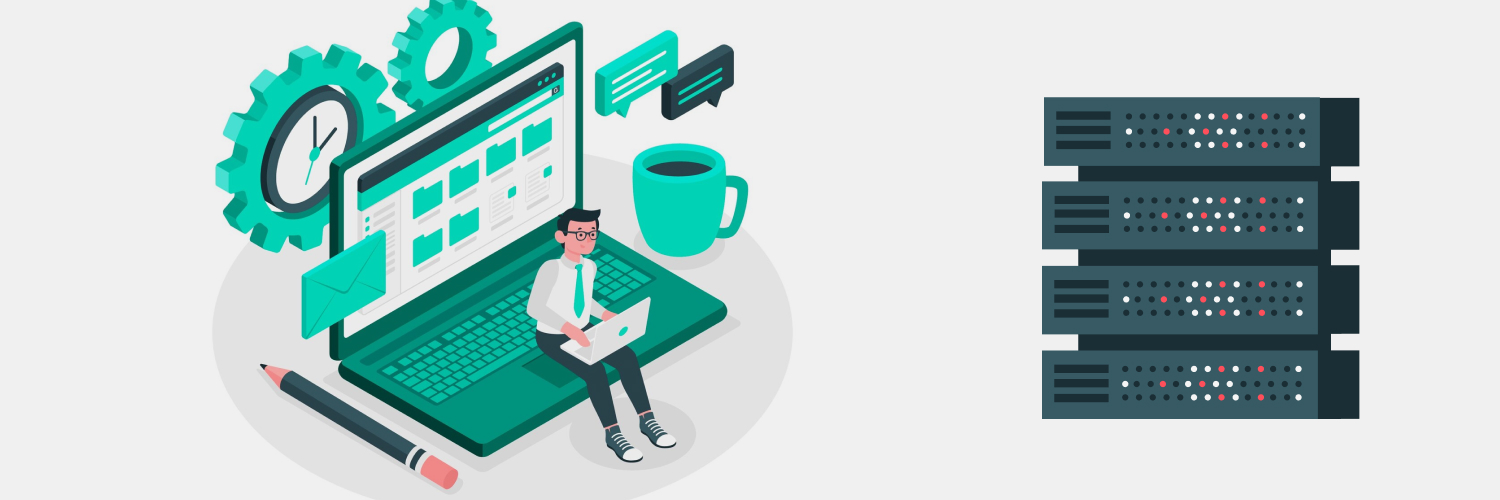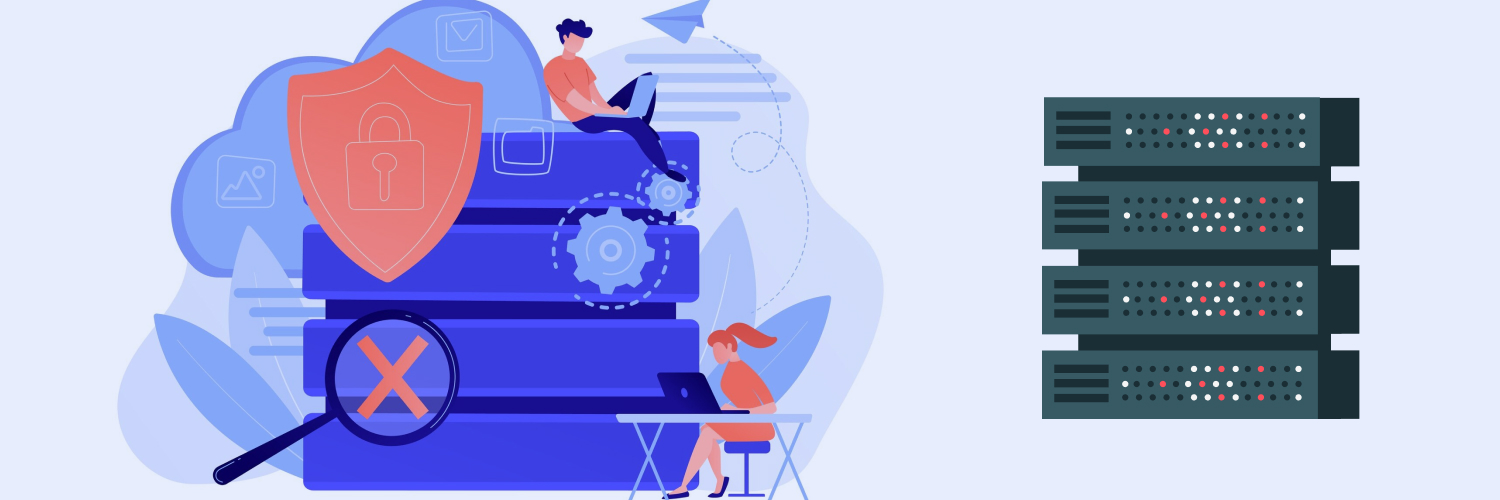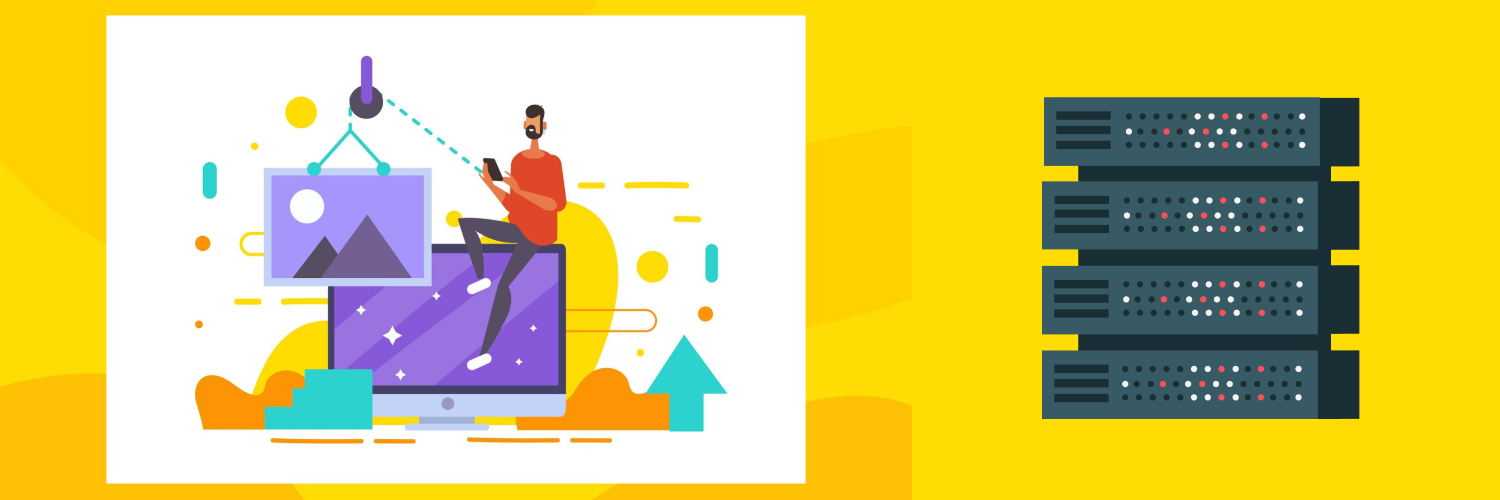Define Proxy Terms (And Other Important Words To Know)
If you’re new to the world of proxies, you might be a little overwhelmed by the different terms. I know I sure was. But as soon as I learned what proxies are and how they can help individuals, professionals and business organizations reach their goals, I realized that proxies are important to a lot of people, including myself. But it’s hard to use proxies when you don’t know what each word and phrase means, so we want to help explain some of these terms so you can start using proxies to your advantage. After reading this article, you’ll have the knowledge to understand and explain these concepts the next time someone asks you to define proxy terms.
Table of Contents
How is a Proxy Defined?

Most people understand and define “proxy” as an “IP address,” or middleman identification number that receives your online request, disguises it, and sends it on to the website you’re trying to connect to. When the website sends that information back to you, it’ll send it to the proxy IP address first, keeping your own computer IP address anonymous. This also increases the security of your searches and online requests remain, since the website you’re searching only sees the proxy IP address, instead of your own computer’s. When you use proxies to navigate websites, you increase your security and anonymity, which makes it easier to complete many tasks that are otherwise impossible without proxies. If you want to learn more about the general definition for proxies, check out our blog that helps define these terms.
What are HTTP and HTTP(S) proxies?
One type of proxy is a Hypertext Transfer Protocol proxy. Built specifically for the HTTP protocol (a set of rules that govern how networks transfer data) that most websites use, this type of proxy is an excellent tool for filtering online content. Based on a client-server model, the HTTP protocol sends information between the browser (the client) and the website you’re trying to access (the server.) The server sends out the necessary information, allowing the web browser to display that information to you.
If you want even more security, you can use HTTP(S) proxies. These are also built on the HTTP protocol, but they’re a more secure version. These proxies share information via tunneling, which improves safety and security, making these proxies an excellent option for those who want to hide their identities online.
What are SOCKS proxies?
SOCKS proxies process requests on their own protocol, but they’re more versatile than HTTP and HTTP(S) proxies because they can also process requests HTTP protocols and more obscure protocols (like POP3). SOCKS proxies are very similar to HTTP and HTTP(S) proxies, but people consider them more universal and sometimes more anonymous, which makes them great for security purposes. SOCKS proxies are available as SOCKS 4 and SOCKS 5, but SOCKS 5 proxies provide the most security since they can only be accessed by authorized users. But if you want to scrape large volumes of data from the internet and interpret that data, HTTP and HTTP(S) proxies are the better option.
Other Types of Proxies Defined

There are many types of proxies, and they all can help you reach your Internet-browsing goals in different ways. These definitions explain common types of proxies (and types of proxies to avoid), plus examples of ways to use these proxies.
What is a dedicated proxy?
A dedicated proxy is defined as a proxy that is only used by one user. It’s called a “dedicated” proxy because it gives users more privacy. Since a dedicated proxy comes with exclusive IP addresses, you don’t have to share those IPs, bandwidth or speed with anyone else. A dedicated proxy allows your search activity to remain completely anonymous, which makes it the ideal choice for people who don’t want to risk using public proxies. Since legitimate companies like Blazine SEO manage your dedicated proxy or proxies, you don’t have to worry about computer hackers stealing your information.
What is a semi-dedicated proxy?
A semi-dedicated proxy is defined as a proxy that is shared by a few users. Also called shared proxies, they are a bit cheaper than dedicated proxies since you’re sharing them with others. Also, you could end up using the same IP address as someone else at any given time. Unlike a public proxy, a semi-dedicated proxy is only shared by up to three people. So, even though you’re still sharing access to the same information, the smaller number of users means you don’t run the same anonymity and security risks that come with using a public proxy.
A semi-dedicated proxy is great for many of the tasks you’ll need to complete online, like browsing the internet or watching videos that are only available in certain geographical regions. But if you want to run powerful data scraping tools or use proxies for social networking, you’re much better off with dedicated proxies.
What are rotating proxies?
First, let’s talk about something that makes rotating proxies necessary: proxy bans. These occur when a website bans your proxy’s IP address, which typically happens if you make too many requests at once using the same IP address. The website assumes you’re using a bot or initiating an attack, so it shuts you down.
One of the ways to prevent a ban is by using rotating proxies. Rotating proxies allow you to make many requests to a website in a short period of time, which can be especially useful if you’re trying to perform high-volume data scrapes. Websites can detect these fast-paced requests from single IPs and ban them for bot activity. But, if you use rotating proxies, you can better avoid bans since your requests are being made from proxies that change at regular intervals.
What is a sneaker proxy?
I was so surprised to learn that one of the most common ways people buy limited edition sneakers is using a sneaker proxy. These proxies are often paired with a sneaker server to make the process more seamless, which allows users to make many purchase requests in a short amount of time and increase their chances of buying the limited edition sneakers. When choosing sneaker proxies, you want to pick something that will work with your bot of choice. You’ll also need to make sure the proxy works on the sneaker website you want to use. Failure to follow these tips means you might miss out when your favorite pair of kicks are released to the public. Then, you’ll be stuck wearing last year’s sneakers.
You’ve probably also heard people talk about software restrictions and proxies. Some proxies don’t work with various types of software. For instance, they might not work with SEO software you want to use, or they might not be compatible with your sneaker bot of choice. You need to check the software restrictions before buying proxies. That way, you won’t end up with proxies that don’t work with the software you need to use.
What is a public proxy?
A public proxy is a proxy that is typically shared with many others for no cost. A public proxy gives several users access to the same resources and information, which can be a risk to users’ anonymity and usability since they’re sharing bandwidth, speed and IP addresses. Since any number of people can use public proxies, they can be slow and sluggish. It can also be the prime spot for hackers to prey on vulnerable users, since they have easy access to sensitive information. This breach in safety and security isn’t a joke, so Rayobyte recommends always purchasing proxies from reliable sources. Yes, that means you’ll have to pay for the reliable proxies, but it’s definitely worth it.
What is Offered by a Network Proxy Provider?

When you’re looking for a proxy provider, you want to choose one that puts its customers first. We’ll define more proxy terms to help you understand what companies offer the best proxies.
Bandwidth: You want to find a proxy provider that offers the most bandwidth, which means its proxies can handle high volumes of information that users send and receive. You don’t want your proxies to make your connection slow or sluggish, so in the best cases, you can get unlimited bandwidth. The more bandwidth you have, the more you can do with your proxies.
Throttling: Like many things in the world of data and technology, some companies’ practices put their customers at risk. One way they do this is by “throttling” your bandwidth. This means that if they think you’re using “too much” bandwidth with their proxies, they can slow down or “throttle” your connection. Even though this is legal, it’s highly frowned upon. Make sure you’re aware of this practice so you can choose a proxy provider that keeps you, the customer, its first priority.
Subnet Diversity: You also want to choose a proxy provider that offers high subnet diversity. This term doesn’t come up quite as much as it should. Lots of providers and users ignore subnet diversity, and that leads to proxy bans. When proxies all reside on the same subnet, they make requests using the same subnet. Servers might realize the same person is making all of the requests, even if the IP changes. You need to have subnet diversity to fly under the radar. That means you need a nice mixture of Class A, B, and C subnets. You are less likely to be detected if you have a variety of subnets at your disposal.
Proxy Locations: You also want to choose a proxy provider that offers many proxy locations. Proxy companies typically have servers located in various countries, which allows you to choose the country your proxy “lives” in. This matters because some high-risk countries are associated with spam and scams. If you have a proxy from a high-risk location, such as Nigeria, you are much more likely to end up with a ban. That’s why you want to choose proxies from trusted locations such as the United States. Location is also important when trying to accomplish certain tasks. For instance, if you’re trying to get around a YouTube ban, you need to have a proxy that’s located in a country that allows access to YouTube. Proxy location is also important when it comes to speed. The closer the server is to your current location, the faster the connection will be. After all, a connection is faster when it doesn’t have to travel halfway across the world.
What is the Best Network Proxy Provider?

Now that you know what to look for when choosing the best proxy network provider, you can understand why Rayobyte is the exact proxy provider you need. With our semi-dedicated, dedicated and rotating plans, you can find the exact proxy product that fits you and your needs. We offer proxy locations in the USA, Germany and Brazil, including 19 American cities to choose from. Not only do we offer IPv4 proxies (including virgin IPs that have never been used), but we also offer IPv6 proxies, the proxies of the future. With our easy-to-use purchasing system and 24/7 customer support, you’ll be using the best proxies in no time.
Final Thoughts
Now that you know how we define proxy and other various terms, you can take the next step and buy high-quality proxies to increase your anonymity and privacy online. Keep these terms in mind when selecting your proxies so you choose the right ones that will get the job done. Then, you’ll be ready to use your proxies online to access high-quality content from various locations. With Rayobyte proxies, you’re sure to have the best proxy experience!
The information contained within this article, including information posted by official staff, guest-submitted material, message board postings, or other third-party material is presented solely for the purposes of education and furtherance of the knowledge of the reader.
All trademarks used in this publication are hereby acknowledged as the property of their respective owners.





